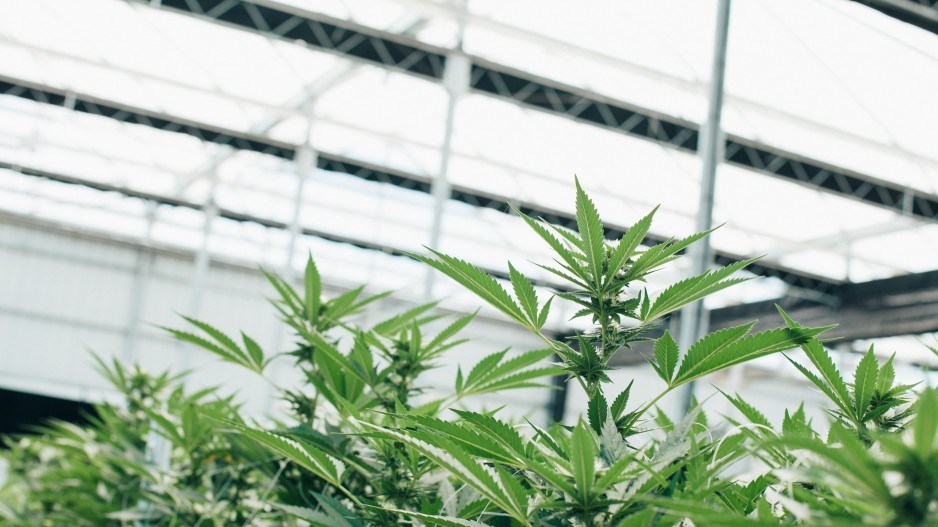Commercial real estate owners aren’t as high on cannabis legalization as they had hoped they’d be.
More than a year after cannabis was legalized in Canada, some analysts say the sometimes overhyped economic potential of the pot industry also infected B.C.’s real estate market.
As the country closed in on the legalization date last year, many in the real estate industry were excited about potential sales and investment opportunities. For realtors, cannabis legalization meant additional production facilities and retail spaces to sell or lease. However, that boom has yet to materialize.
“There should have been no surprise that this was going to be a slow-moving beast,” said Elton Ash, regional executive vice-president for Re/Max of Western Canada. “Of course that’s easy to say now in hindsight.”
The emerging cannabis industry has not sparked the economic activity many were expecting. While some large production facilities have been built, the cannabis market has suffered falling sales, and stock prices have dropped. The industry has therefore not had the capital or demand needed to expand. This has resulted in lacklustre commercial real estate sales compared with what was anticipated.
Ash said the good news is that there wasn’t a speculative surge in construction because commercial real estate owners want predictability and stability in demand before they react.
Yet while the cannabis industry didn’t spark an immediate commercial real estate boom, there has been some positive impact on the real estate market, Ash said.
“The cannabis sector is adding additional market for retail and industrial use,” he said. “The long story on this is that cannabis provides an additional segment to a commercial market that didn’t exist, and that will continue to grow.”
In addition to lacklustre demand, Vancouver’s retail landlords looking to benefit from the legal cannabis industry have had trouble obtaining traditional commercial financing from banks.
According to Re/Max, cannabis retail locations still carry some stigma in mainstream commercial markets.
One region of the province that could see more commercial real estate activity from the cannabis industry is the Okanagan, which has one store operating and six awaiting approval. Okanagan College is now offering training programs in cannabis production, which could help bolster the industry and commercial real estate in the region.
As the cannabis market and industry grow, demand from other ancillary businesses, such as paraphernalia shops, will add to commercial real estate needs – and while legalization may have not created the commercial real estate demand some were hoping for, Ash said a slower and steadier demand growth is likely in the future. •




